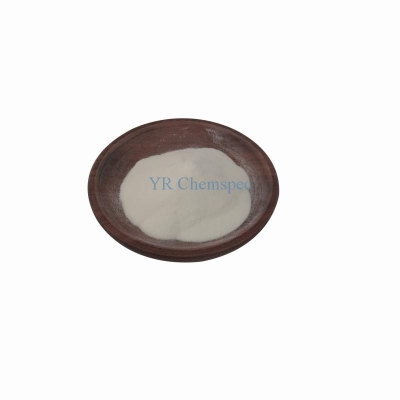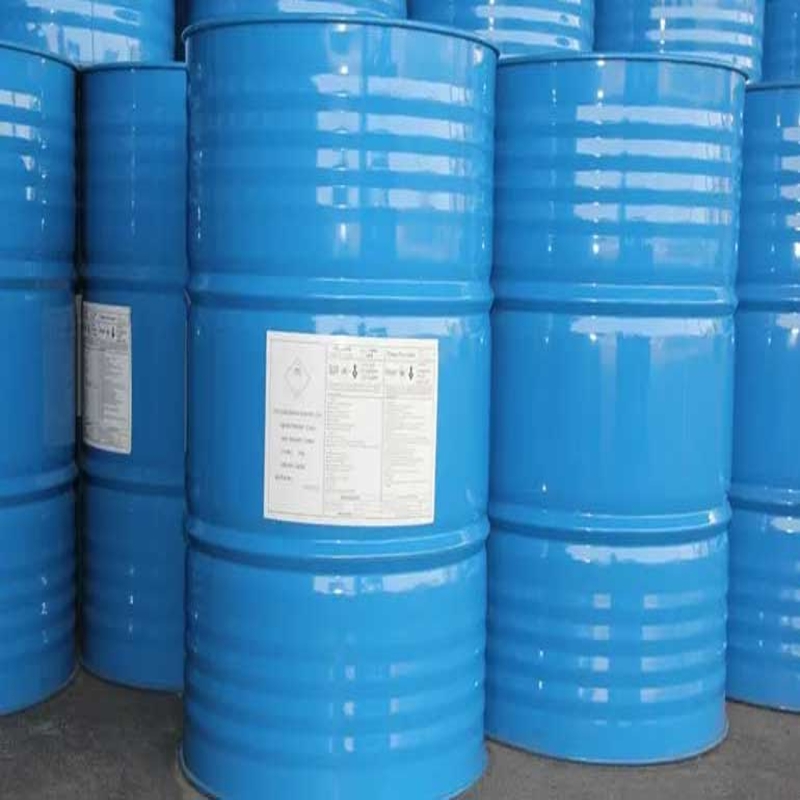-
Categories
-
Pharmaceutical Intermediates
-
Active Pharmaceutical Ingredients
-
Food Additives
- Industrial Coatings
- Agrochemicals
- Dyes and Pigments
- Surfactant
- Flavors and Fragrances
- Chemical Reagents
- Catalyst and Auxiliary
- Natural Products
- Inorganic Chemistry
-
Organic Chemistry
-
Biochemical Engineering
- Analytical Chemistry
-
Cosmetic Ingredient
- Water Treatment Chemical
-
Pharmaceutical Intermediates
Promotion
ECHEMI Mall
Wholesale
Weekly Price
Exhibition
News
-
Trade Service
On November 18, according to Russian media reports, physicists at the University of Glasgow in the United Kingdom developed a way
to reduce the cost of graphene production by 100 times.
Graphene has an ultra-thin form
.
At the same time, it has unprecedented flexibility, durability and superior electrical and thermal conductivity
.
It can be widely used in solar cells, sensors, nanoelectronics, high-performance nanoelectronic devices, composite materials, gas sensors and energy storage, semiconductors and other fields
.
One of the main methods of obtaining graphene is the "chemical vapor deposition method"
.
It deposits graphene on a copper substrate, which requires upfront processing, which is quite an expensive process
.
Now, physicists at the University of Glasgow in the United Kingdom have developed a way to reduce the cost of graphene production by a
factor of 100.
On November 18, according to Russian media reports, physicists at the University of Glasgow in the United Kingdom developed a way
to reduce the cost of graphene production by 100 times.
Graphene has an ultra-thin form
.
At the same time, it has unprecedented flexibility, durability and superior electrical and thermal conductivity
.
It can be widely used in solar cells, sensors, nanoelectronics, high-performance nanoelectronic devices, composite materials, gas sensors and energy storage, semiconductors and other fields
.
One of the main methods of obtaining graphene is the "chemical vapor deposition method"
.
It deposits graphene on a copper substrate, which requires upfront processing, which is quite an expensive process
.
Now, physicists at the University of Glasgow in the United Kingdom have developed a way to reduce the cost of graphene production by a
factor of 100.







